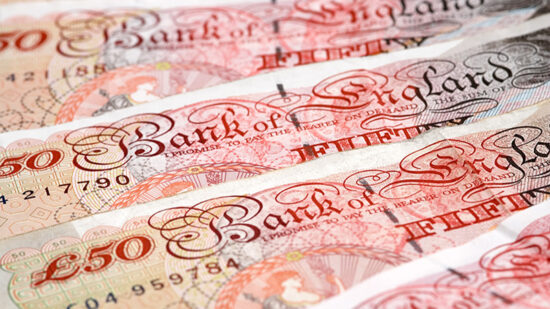In the first seven months of 2016, nine out of the top 20 funds in Taiwan in terms of new net flows were managed by foreign asset managers, the consultants said in a report.
Foreign asset managers are introducing a raft of new products onshore in order to break into the space, such as Taiwan’s first target-maturity bond fund launched by Schroder Investment Management.
Foreign-managed fund of funds products are also getting more popular among domestic investors, it added.
Taiwan investors’ interests in overseas exposure “provides foreign asset managers with the opportunity to leverage their reputation and expertise to make greater inroads onshore”, according to the report.
Meanwhile, the ongoing efforts by the regulators to tighten rules on offshore funds means “it will be harder for smaller, boutique foreign asset managers with niche investment products to enter the Taiwanese market”.
Foreign funds dominant
A total 1,036 offshore funds from 72 foreign managers are available for domestic investors as of August, according to data from Taiwan’s Securities Investment Trust and Consulting Association (Sitca). Investment holdings by Taiwanese investors reached TWD3.1trn ($99bn, €88bn).
To compare, there are 710 onshore funds managed by 37 firms, with fund size totalling TWD2.28trn ($72.7bn).
The overall onshore fund size expanded 3.5% from end of December 2015 to end of August 2016, compared to 0.6% growth for offshore funds selling in Taiwan.
The biggest foreign manager in Taiwan is JP Morgan Asset Management, managing TWD 103bn with a market share of 4.65% as of July 31. It’s ranked sixth largest among onshore fund managers, according to the Sitca report.
Franklin Templeton SinoAM Securities Investment Management, Eastspring Investments and Allianz Global Investors followed, ranking 8th, 11st, and 13th largest with market share of roughly 4% each.








